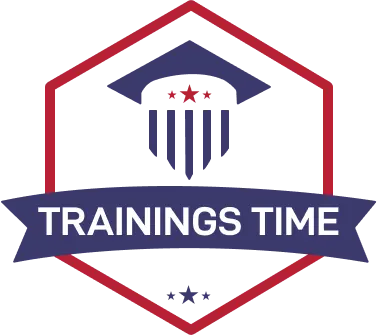The Fair Labor Standards Act (FLSA), commonly referred to as the Wage and Hour Act, was passed in 1938 and since then has been amended many times. It is considered an Employee Protection Act whereby employees are generally presumed non-exempt and entitled to overtime pay. However, there are exemptions from this Act for executive, administrative, professional, outside sales and computer-related employees. The major provisions of the FLSA are concerned with minimum wage rates and overtime payments, child labor, and equal pay.
The US Department of Labor Wage & Hour Division oversees federal labor laws. Failure to comply with Wage & Hour laws may result in the employer paying the employee back wages, damages, penalties, attorney fees and court costs, plus the prospect of civil and criminal penalties from federal and/or state governments. Therefore, Wage & Hour compliance is of the utmost importance.
Civil lawsuits for Wage and Hour violations are always a threat to business. Violations of the Federal Labor Standards Act (FLSA) can result in astronomical financial judgments against employers. By understanding the provisions of the FLSA, you can protect your company from major financial consequences.





